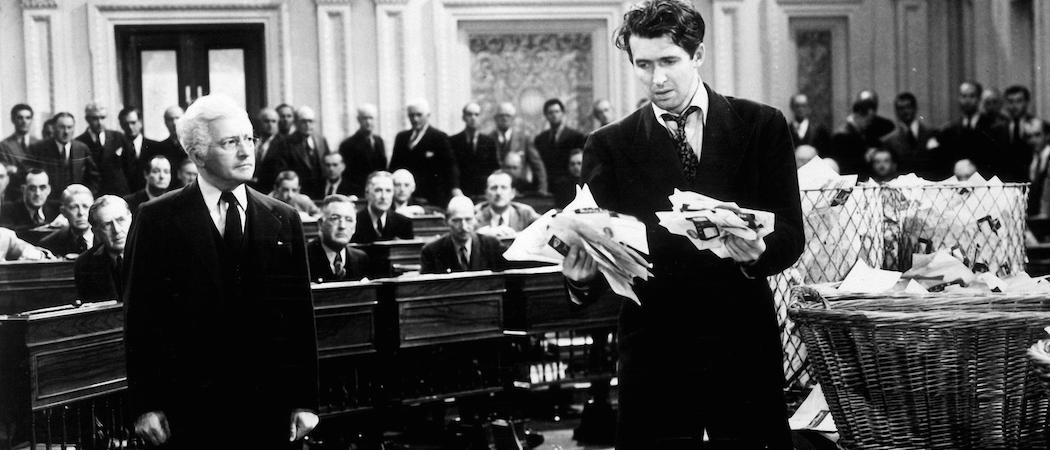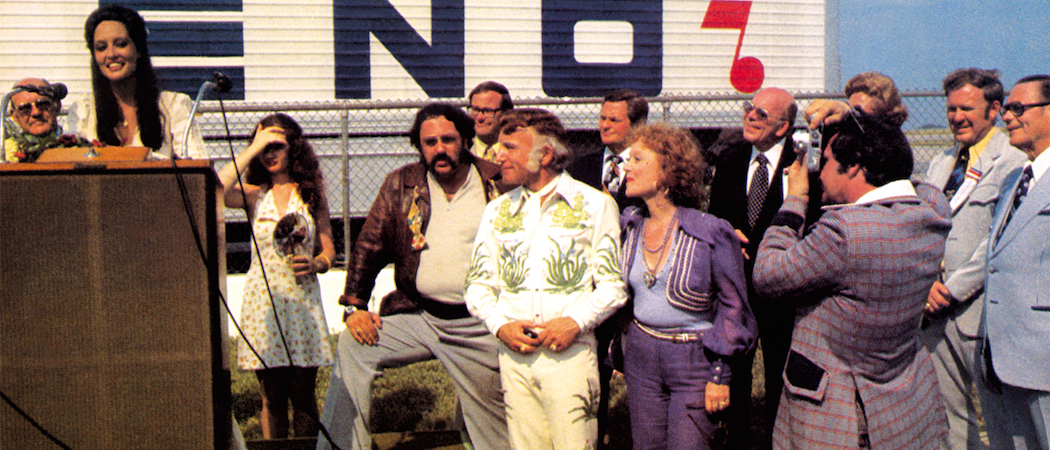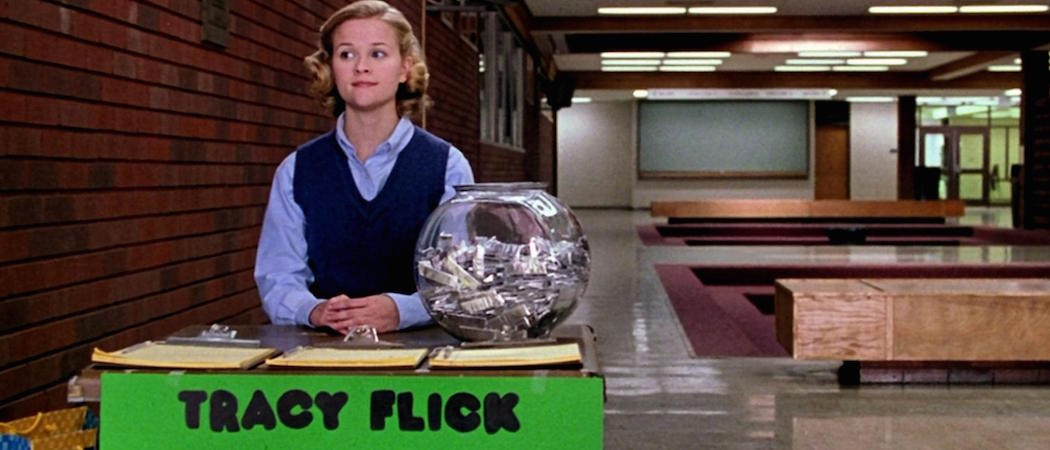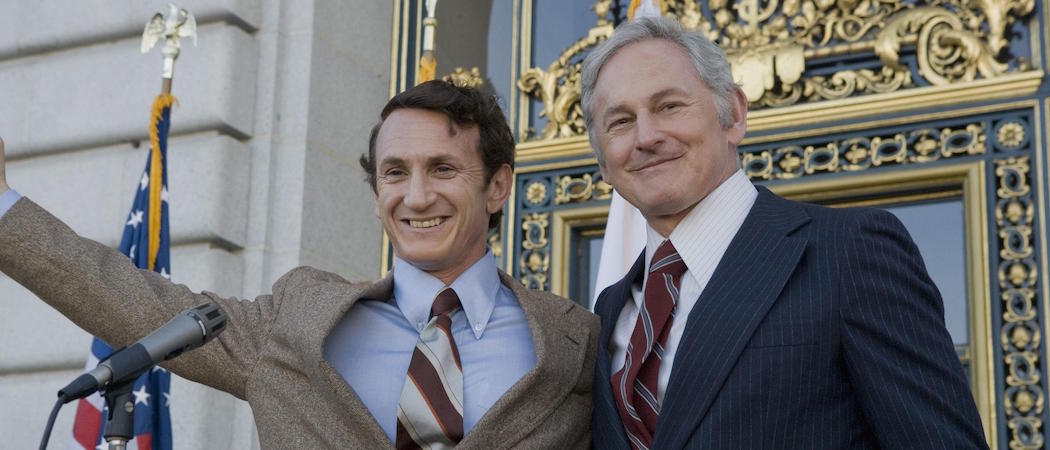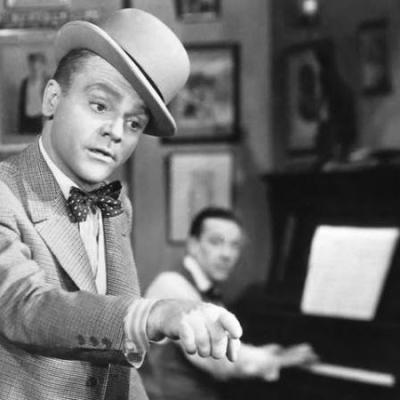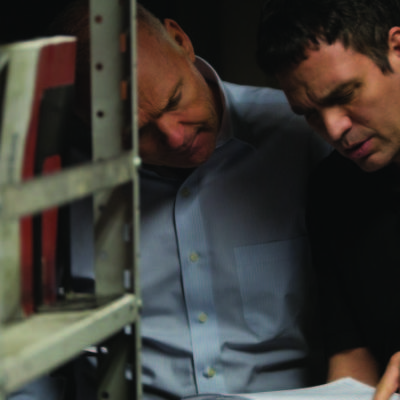Barring the most earth-shattering of shakeups, most people would have to be pressed to refer to politics as interesting, but then why does the world of politics make for such great film fodder? Great people, fascinating personalities, devastating satire, rousing victory, shocking blows - all of it makes for brilliant stories on-screen. We're taking a look at five of the best films that examine the trials and trivialities of the political game.
Mr. Smith Goes to Washington (1939)
1939 is considered one of Hollywood's greatest years - alongside the grand epic Gone with the Wind, outsized productions like The Wizard of Oz, and the groundbreaking Western Stagecoach, one of the pictures that stands out the most is Mr. Smith Goes to Washington. This low-key comedy drama stars James Stewart in the titular role, giving one of his finest performances ever as Jefferson Smith, a representative of the proud and strong American working class. Upon being chosen to make the leap to the Senate, Jefferson finds himself beset by self-interest and all-out corruption, but he remains a beacon of purity and faith in the political system. The climax, in which he single-handedly stages a marathon filibuster, is one of the cinema's most iconic moments.
Z (1969)
This Algerian-French thriller cum dark comedy actually sets its sights on Greece, particularly the political strife it was in at the time under the Greek military junta. Greek director Costa-Gavras co-wrote the film with the Spanish Jorge Semprún, based on the novel by Vassilis Vassilikos, itself a fictionalised account of the 1963 assassination of left-leaning Greek politician Grigoris Lambrakis, The film navigates the sharp divide between the left wing and the right wing, with political rhetoric and protest clashing spectacularly, until violence occurs. French screen legend Jean-Louis Trintignant is as stoney-faced as ever as the investigating magistrate, who despite the black-and-white outcome of the case still finds himself beset with misdirection, misinformation, and complicit silence. Z is simultaneously both absurd and chilling.
Nashville (1975)
On its surface, Nashville is about country music, and the country music capital, but Robert Altman's big, sprawling film is far more political than it may seem on the surface. Throughout the film, which has a brilliant ensemble cast including Lily Tomlin, Shelley Duvall, Keith Carradine, Ronee Blakely, Karen Blake, and many, many more, a van drives through the titular city, blasting campaign promises to the seemingly oblivious populous. Music and politics collide spectacularly from the very beginning, in which a piece of purpose written plastic patriotism is phoned in by country veteran Haven Hamilton (Henry Gibson), while in a neighbouring studio a raucous gospel number is performed. Everything in the lengthy film comes together at a special benefit rally for candidate Hal Philip Walker, bringing this masterpiece to its brilliant, thought-provoking conclusion.
Election (1999)
The second film from the great Alexander Payne, who would go on to make comedy classics like Sideways and The Descendants, is a brilliant miniature recreation of the farce of the campaign trail. Reese Witherspoon, who is often underrated for her comedy prowess, gives a remarkable performance as self-important high school student Tracy Flick alongside Matthew Broderick as teacher Jim McAllister. Seemingly perfect on the surface, Tracy soon finds an enemy in Jim, who has inside knowledge about her past. The importance of a good reputation in the political system, and the mis-trust and scheming that goes along with it, are skewered wonderfully by Election, where it seems that everything that makes people most skeptical of politics are born right there in the classroom.
Milk (2008)
Harvey Milk, one of American politics' most important trailblazers, was already immortalised in the 1984 documentary The Times of Harvey Milk, but Gus Van Sant's fictionalised take on Milk's story remains one of the most tender and emotionally affecting political dramas ever made. As the first openly gay person to be elected to public office in the state of California, Milk was inevitably surrounded by controversy, but Sean Penn presents him as a determined, big-hearted, and unswervingly moral in the face of adversity. Winding toward its sadly inevitable ending, Milk presents a picture of American politics that does not indulge in a black-and-white us-versus-them mentality, but gives all of the characters time to develop into fully formed human beings. Even if you don't agree with them, politicians are still people.
